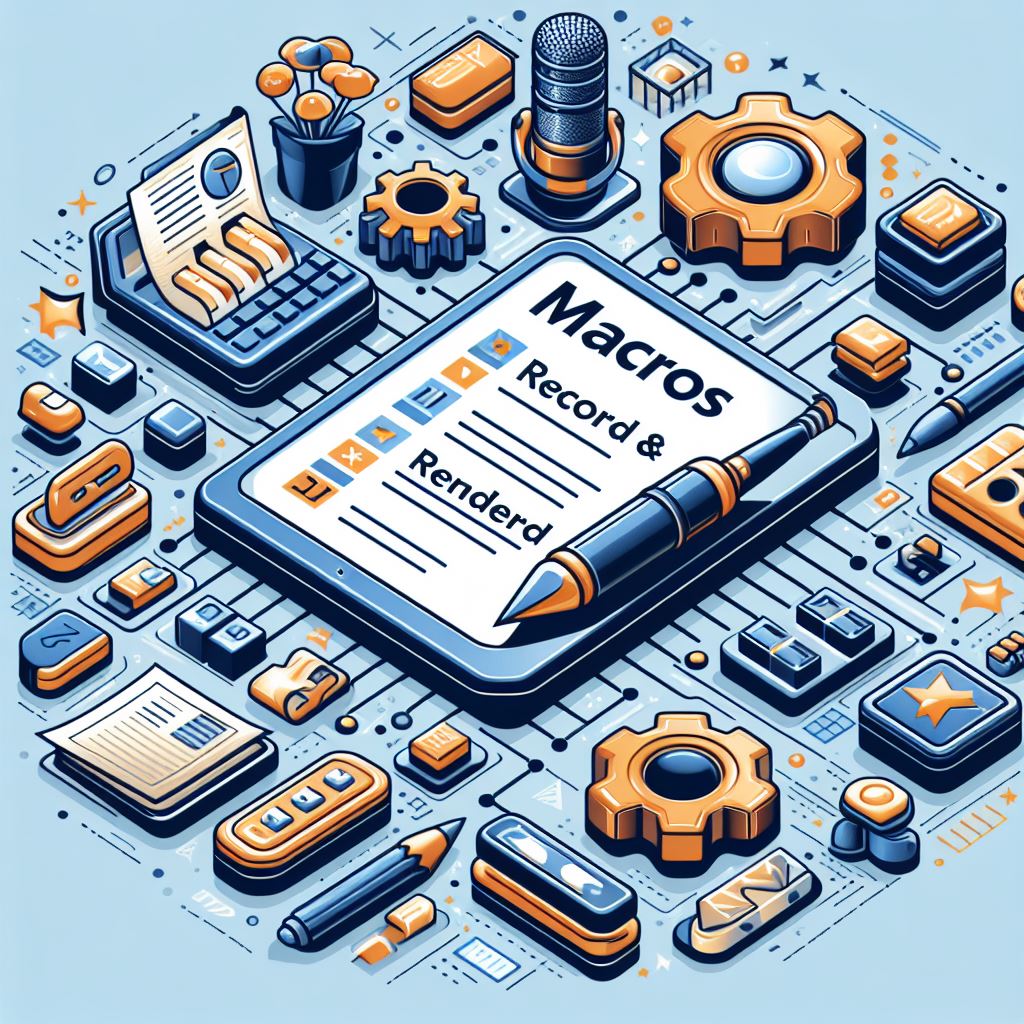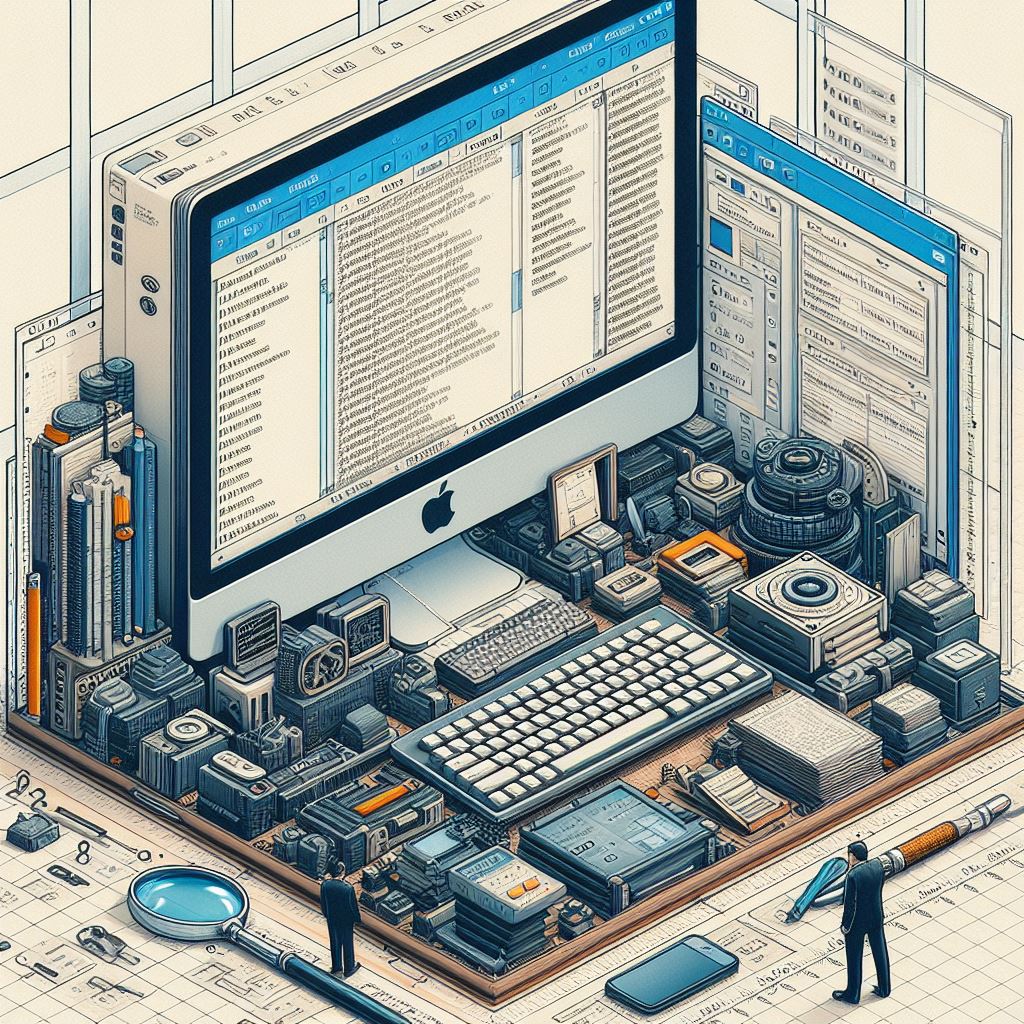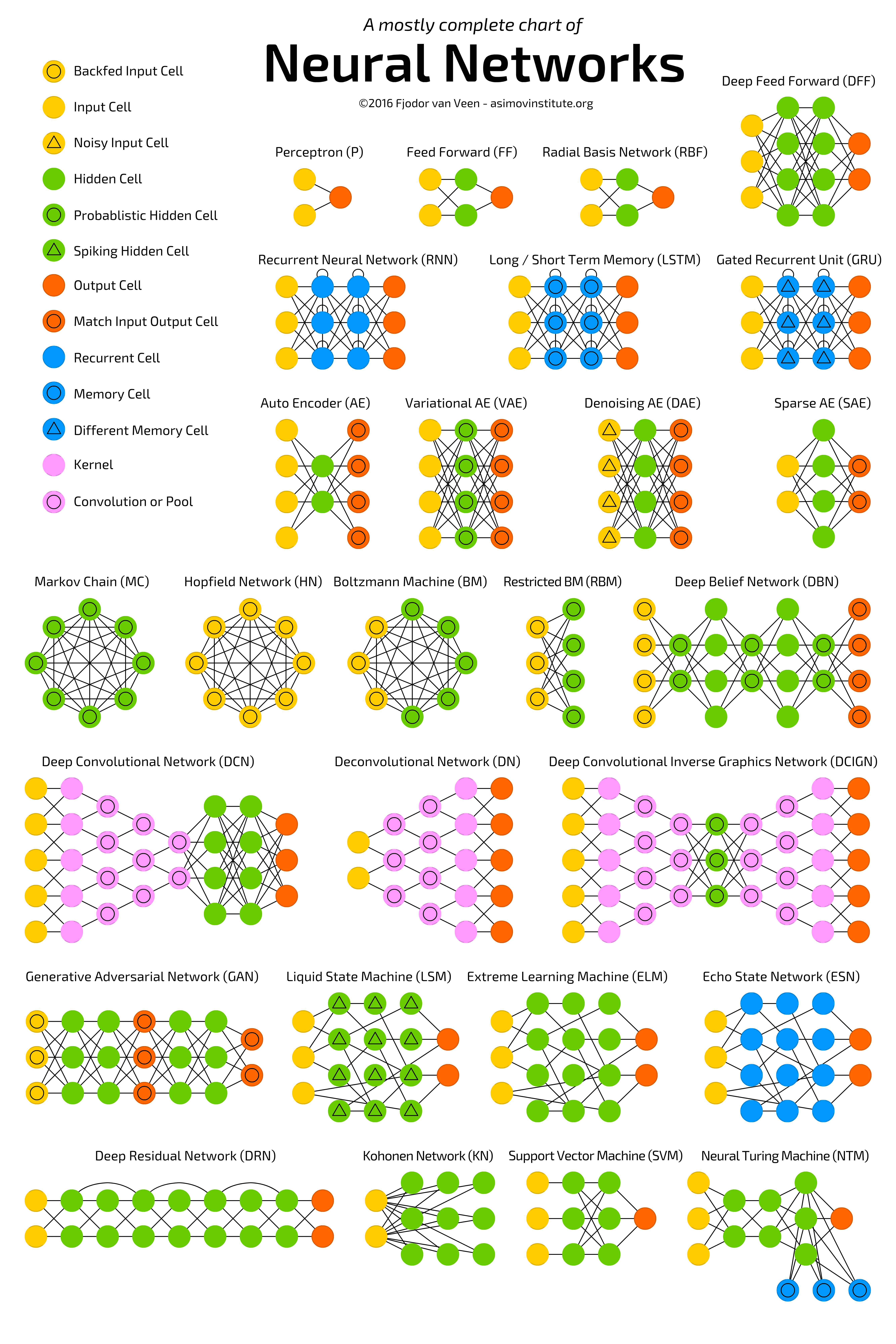
Introduction to blockchain technology
Blockchain technology has emerged as one of the most transformative innovations of recent times. With its decentralized and transparent nature, it has the potential to revolutionize industries and redefine the concept of trust. In this article, we will explore the fundamentals of blockchain technology, its benefits, and the industries that are being disrupted by its implementation.
Understanding the concept of trust in industries
Trust is the foundation of any successful transaction or interaction in the business world. However, traditional methods of establishing trust often involve intermediaries, such as banks, lawyers, or government institutions. These intermediaries not only add complexity to the process but also increase the risk of fraud and corruption. Blockchain technology offers a solution to this problem by eliminating the need for intermediaries and ensuring trust through a decentralized and immutable ledger.
Benefits of Blockchain Projects for Final Year Students
For final year students, engaging with blockchain projects can be highly beneficial. Firstly, it provides an opportunity to gain practical knowledge and hands-on experience with emerging technologies. By working on blockchain projects, students can enhance their problem-solving skills, understand the intricacies of decentralized systems, and develop a deep understanding of cryptography.
Moreover, actively participating in blockchain projects allows students to build a strong network within the industry. Collaborating with professionals and fellow students can open doors to future job opportunities or even spark entrepreneurial ventures.
Exploring the Best Blockchain Projects in Various Industries
Supply Chain Management and more.
How blockchain technology works
At its middle, blockchain is a dispensed ledger that facts transactions across multiple computer systems or nodes. Each story is divided into groups and included in the series in chronological order. The use of cryptography ensures the security and integrity of the data stored on the blockchain. Once a transaction is recorded on the blockchain, it becomes virtually impossible to alter or tamper with, providing a high level of trust and transparency.
The blockchain operates through a consensus mechanism, where all participants in the network agree on the validity of a transaction. This consensus is achieved through various algorithms, such as proof of work or proof of claim. Additionally, blockchain tech can be either public or private, depending on the level of access and control given to participants.
The benefits of blockchain technology
Blockchain technology offers numerous benefits that can revolutionize industries across the board. Firstly, it provides enhanced security and privacy by encrypting data and removing the risk of centralized hacks or breaches. Additionally, the transparency of the blockchain ensures that all participants have access to the same information, reducing the possibility of fraud or manipulation.
Furthermore, blockchain tech enables faster and more efficient transactions by eliminating the need for intermediaries and reducing paperwork. This can lead to significant cost savings for businesses, as well as increased convenience for consumers. Moreover, the decentralized nature of the blockchain ensures that no single entity has control over the network, making it resistant to censorship and promoting decentralization.
Industries being disrupted by blockchain technology
Blockchain technology has the potential to disrupt a wide range of industries, including finance, supply chain management, healthcare, real estate, and more. In the finance sector, blockchain can streamline cross-border payments, eliminate the need for intermediaries in lending and crowdfunding, and enable the creation of digital currencies. Supply chain management can benefit from increased transparency and traceability, reducing counterfeiting and ensuring the authenticity of products. Moreover, blockchain tech can transform healthcare by securely storing patient records, facilitating medical research, and improving the efficiency of insurance claims.
Case studies of successful blockchain implementations
Several real-world examples demonstrate the power of blockchain technology in reshaping industries. One such example is the use of blockchain in the diamond industry. By recording the entire journey of a diamond on the blockchain, from the mine to the jewelry store, consumers can be assured of its authenticity and ethical sourcing. This creates trust and eliminates the issue of conflict diamonds. Another case study is the implementation of blockchain in the supply chain of food products. By tracking the origin and quality of ingredients on the blockchain, consumers can make informed decisions about the products they purchase, ensuring food safety and reducing waste.
Challenges and risks associated with blockchain technology
While blockchain technology offers immense potential, it is not without its challenges and risks. One of the key challenges is scalability, as the current blockchain infrastructure struggles to handle a large volume of transactions. Additionally, the energy consumption associated with certain consensus mechanisms, such as Proof of Work, is a concern for environmental sustainability. Furthermore, the regulatory landscape surrounding blockchain is still evolving, with governments grappling with issues of taxation, privacy, and security. Finally, the risk of cyber attacks and hacking poses a threat to the security of blockchain networks.
The future of blockchain technology
The future of blockchain technology is promising, with many improvements and innovations on the horizon. Scalability solutions, such as sharding and layer 2 protocols, are being developed to address the issue of limited transaction throughput. Moreover, the emergence of blockchain interoperability protocols will enable different blockchain networks to communicate with each other, fostering collaboration and innovation. Additionally, the integration of blockchain with other emerging technologies, such as artificial intelligence and the Internet of Things, will unlock new possibilities and use cases.
How to participate in the blockchain industry
For individuals interested in getting involved in the blockchain industry, there are several avenues to explore. Firstly, gaining knowledge and understanding of blockchain technology through online courses, books, or attending conferences can provide a solid foundation. Additionally, participating in blockchain communities and forums can offer opportunities for networking and collaboration. Furthermore, individuals can explore career opportunities in blockchain development, project management, or consulting. Finally, for entrepreneurs, starting a blockchain-based business or investing in blockchain startups can be a way to contribute to the industry's growth.
Conclusion: Embracing the future with blockchain technology
Blockchain technology is reshaping industries and redefining trust in ways that were previously unimaginable. While challenges and risks exist, the future of technology of blockchain looks promising, with advancements in scalability and interoperability on the horizon. For those interested in getting involved, there are numerous opportunities to explore and contribute to the growth of the blockchain industry. Embracing the future with technology of blockchain is not just a choice but a necessity in the rapidly changing digital landscape.
























































